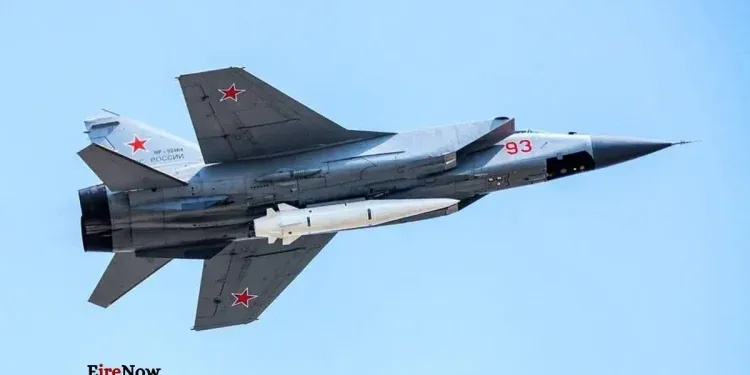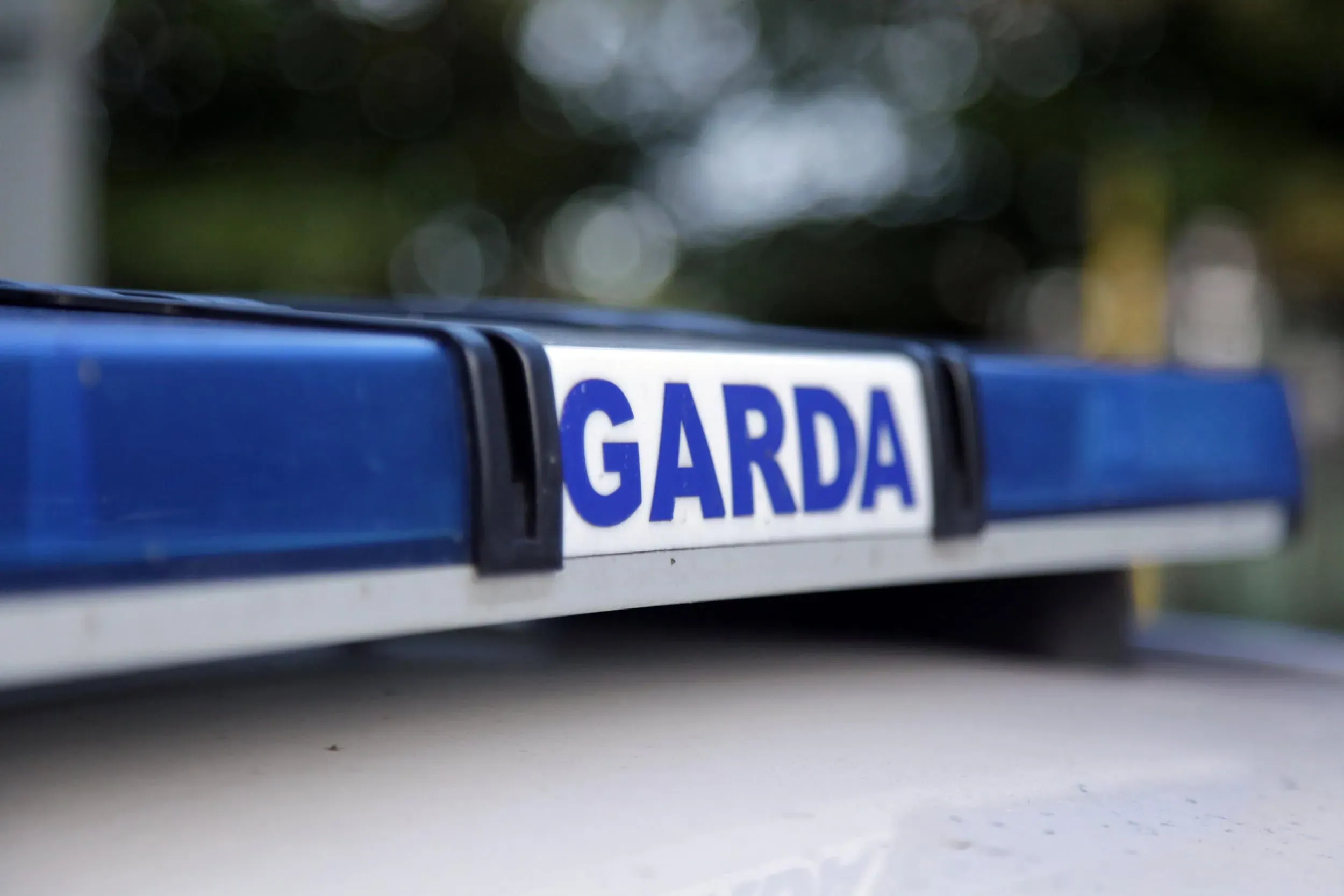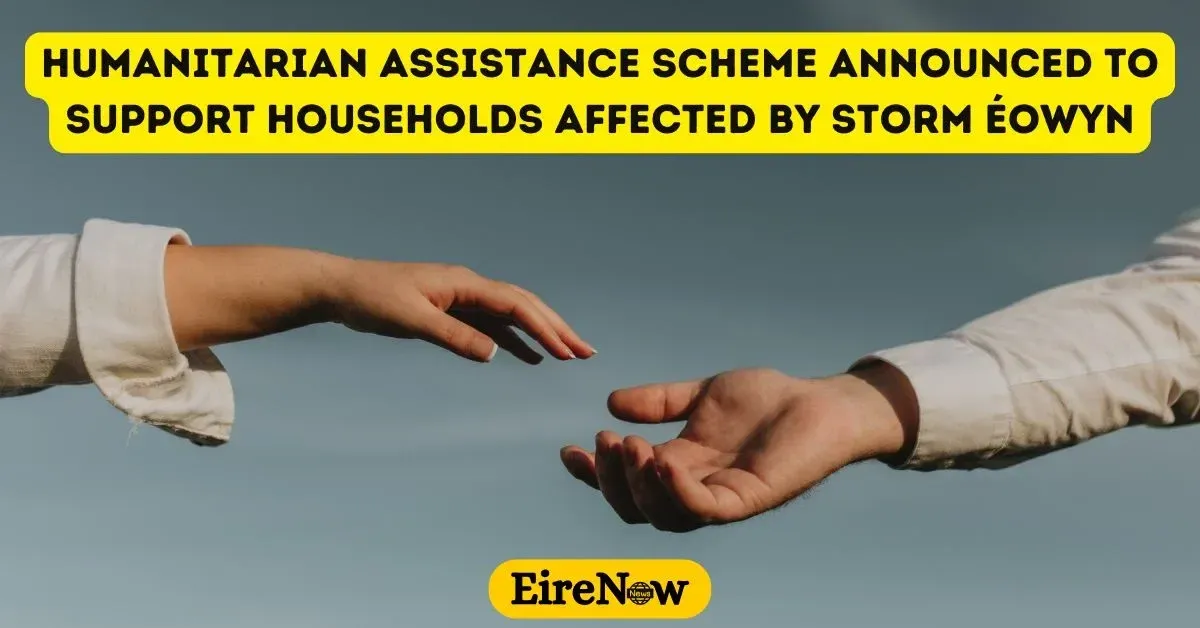Tallinn, Estonia – Tensions between Russia and NATO have escalated after Estonia accused three Russian MiG-31 fighter jets of an “unprecedentedly brazen” airspace violation, a claim vehemently denied by Moscow. The alleged incursion, which reportedly lasted for 12 minutes, has prompted Estonia to invoke Article 4 of the NATO treaty, calling for urgent consultations among allies.
The incident occurred on Friday, September 19, 2025, when three Russian fighter jets allegedly entered Estonian territory near Vaindloo Island in the Gulf of Finland. According to Estonian officials, the aircraft did not have flight plans, had their transponders switched off, and did not maintain radio communication with Estonian air traffic control.
Key Developments:
- Russia’s Denial: Russia’s Defence Ministry issued a statement this morning, asserting that the MiG-31 jets were on a scheduled flight from Karelia to the Kaliningrad region and that the flight was conducted in “strict compliance with international airspace regulations.” Moscow claimed the jets remained in neutral Baltic Sea waters, more than three kilometers from Estonian territory.
- NATO’s Response: Italian F-35 fighters, operating under the NATO Baltic Air Policing mission, were scrambled to intercept and warn off the Russian jets. Sweden and Finland also scrambled their own rapid reaction aircraft. NATO spokesperson Allison Hart described the event as “yet another example of reckless Russian behaviour.”
- Article 4 Invoked: Estonian Prime Minister Kristen Michal announced that Tallinn would request NATO Article 4 consultations, a clause that allows a member state to convene urgent talks when its territorial integrity or security is threatened. This marks the second time a NATO member has invoked this article in under two weeks, following a similar move by Poland after an alleged Russian drone incursion.
- US Reaction: US President Donald Trump commented on the situation, stating, “I don’t love it. I don’t like when that happens. Could be big trouble.”
- Escalating Tensions: The incident comes amid heightened tensions on NATO’s eastern border. Ukraine’s President Volodymyr Zelensky accused Russia of deliberately expanding its “destabilising activity” with a series of airspace violations in Poland, Romania, and now Estonia.
- Official Protest: Estonia’s Foreign Minister Margus Tsahkna said Russia’s charge d’affaires in Estonia had been summoned to receive a formal complaint. He added that this was the fourth airspace violation by Russia this year, with the recent incidents becoming increasingly provocative.
The event underscores the growing friction between Russia and the West, raising concerns that the conflict in Ukraine could spill over and lead to a wider confrontation.







